The rise in interest in the diabetes drug Ozempic is linked to its ability to suppress appetite, which is a point of interest for those looking to lose weight. Yet, with Ozempic being for individuals looking to manage a condition that’s linked to 1.5 million deaths a year, there are other options for natural appetite suppressants that work by reducing hunger or appetite and increasing feelings of fullness. In conjunction with a balanced diet and regular exercise, these appetite suppressants may help promote weight loss.
11 Natural Appetite Suppressants For Weight Loss
1. Fenugreek
A member of the legume family, fenugreek is a herb whose seeds are commonly used due to its high fiber content.
Fiber can increase satiety, which leads to a lower food intake, and can encourage weight loss. Per a 2023 study, fenugreek supplementation was linked to significantly improved muscle strength, muscle endurance, lean body mass, and reduced body fat.
Besides consuming fenugreek seeds, fenugreek can also be enjoyed as a supplement or in powder form.
2. Glucomannan
“Derived from the root of the konjac plant, glucomannan is a type of soluble fiber that absorbs water and expands in the stomach, leading to a feeling of fullness,” explained Liz Keller, a holistic nutritionist, to Forbes, “It also slows the absorption of fats and proteins, which can help reduce appetite.”
Keller’s comments align with a 2020 meta-analysis that found that glucomannan consumption caused significant reductions in body weight in overweight and obese adults.
3. Gymnema sylvestre
If your sweet tooth is keeping you from achieving your weight loss goals, then this may be a supplement for you.
Gymnema sylvestre is a woody plant native to Southeast Asia and India that may help you effectively curb that sweet tooth. Per a study published in Nutrients, participants were given samples of their favorite chocolates to enjoy. Yet, after consuming gymnema-containing mints, compared to placebo, they experienced a decrease in the desire and pleasantness of consuming said chocolates.
4. Caralluma fimbriata
Caralluma fimbriata is an edible Indian succulent cactus that may help suppress appetite and encourage weight loss.
One study found that overweight participants experienced reductions in calorie intake and waist circumference after supplementing with Caralluma fimbriata extract (CFE) for 16 weeks.
5. Green tea
Who doesn’t love green tea? The ultimate longevity elixir, due to the presence of catechins, including epigallocatechin gallate (EGCG),
“[These compounds] are believed to suppress appetite by regulating hunger hormones and increasing the feeling of fullness,” explained Keller to Forbes.
6. Yerba maté
Native to South America, Yerba maté is a plant that research has found can contribute to weight loss by reducing appetite, “while it increases basal metabolism, resulting in faster fat burning.”
7. L-glutamine
Glutamine is the most abundant amino acid in the body, whereas L-glutamine is an amino acid found in many foods, which research suggests may help curb sugar cravings.
Speaking to PopSugar, registered dietitian and nutritionist Lorraine Kearney, explained that L-glutamine works as a protein by digesting slowly and keeping you full longer, which then reduces the likelihood of cravings.
8. Chili Peppers
If you’re a fan of spicy foods, then you’ll be happy to hear about chili peppers. They can help suppress appetite thanks to the compound capsaicin.
According to one study examining capsaicin’s anti-obesity effects, individuals who consumed breakfast containing capsaicin later consumed reduced amounts of carbs at lunch.
If you’re not a fan of spicy food, you can opt for capsaicin supplements. However, if you have a history of stomach ulcers, it would be advisable to avoid these types of supplements.
9. Water
Ensuring that you get eight glasses of water a day may be another way to manage your appetite and cravings.
Speaking to Forbes, Kien Vuu, M.D., a physician specializing in human performance and longevity, shared that drinking water before meals can help curb appetite and reduce the amount of calories that you consume. To add to this, a 2018 study noted that participants who drank water before a meal consumed less food than they would have if they didn’t.
10. Flaxseed
Hoping to snack on foods that are tasty and can curb your appetite? Flaxseeds will serve to do exactly that.
High in protein and fiber, flaxseeds are a delicious addition to any recipe, and their nutritional value can help you achieve your weight loss goals.
For instance, a study published in Obesity Facts noted that flaxseed supplementation caused “increased sensation of satiety and fullness, and decreased energy intake in the subsequent meal significantly compared to the control group.”
If you’d rather not snack on flaxseeds, they’re also available in oral capsule form as well as a loose, ground form.
11. Psyllium Husk
According to Dr. Vuu, psyllium husk is a dietary fiber that increases satiety and reduces the desire to eat more.
Available as a supplement and in other forms, research has found that taking psyllium before meals worked to decrease body weight, BMI, and waist circumference in overweight and obese populations.
Are natural appetite suppressants safe?
Natural appetite suppressants can generally be considered safe. Yet, as many of them come in supplement form, not all supplements are safe. Also, considering the lack of regulation around supplements, you must do your research and speak to your health professional before including any supplements in your diet.
There is no quick fix for weight loss, so it’s advisable to complement your intake of natural appetite suppressants with a healthy balanced diet, regular exercise, and stress reduction.
References
Albaker, W. I. (2023). Fenugreek and Its Effects on Muscle Performance: A Systematic Review. Journal of Personalized Medicine, 13(3). https://doi.org/10.3390/jpm13030427
Bongartz, U., Hochmann, U., Grube, B., Uebelhack, R., et al. (2022). Flaxseed Mucilage (IQP-LU-104) Reduces Body Weight in Overweight and Moderately Obese Individuals in a 12-week, Three-Arm, Double-Blind, Randomized, and Placebo-Controlled Clinical Study. Obesity Facts, 15(3), 395-404. https://doi.org/10.1159/000522082
Forbes Health. (2024). 7 Natural Appetite Suppressants For Weight Loss. [online] Available at: https://www.forbes.com/health/weight-loss/appetite-suppressants/
Gawron-Gzella, A., Chanaj-Kaczmarek, J., & Cielecka-Piontek, J. (2021). Yerba Mate—A Long but Current History. Nutrients, 13(11). https://doi.org/10.3390/nu13113706
Gibb, R. D., & Sloan, K. J. (2023). Psyllium is a natural nonfermented gel-forming fiber that is effective for weight loss: A comprehensive review and meta-analysis. Journal of the American Association of Nurse Practitioners, 35(8), 468-476. https://doi.org/10.1097/JXX.0000000000000882
Jeong, J. N. (2018). Effect of Pre-meal Water Consumption on Energy Intake and Satiety in Non-obese Young Adults. Clinical Nutrition Research, 7(4), 291-296. https://doi.org/10.7762/cnr.2018.7.4.291
Mohammadpour, S., Amini, M. R., Shahinfar, H., Tijani, A. J., et al. (2020). Effects of glucomannan supplementation on weight loss in overweight and obese adults: A systematic review and meta-analysis of randomized controlled trials. Obesity Medicine, 19, 100276. https://doi.org/10.1016/j.obmed.2020.100276
Rao, A., Briskey, D., Dos Reis, C., & Mallard, A. R. (2021). The effect of an orally-dosed Caralluma Fimbriata extract on appetite control and body composition in overweight adults. Scientific Reports, 11(1), 1-9. https://doi.org/10.1038/s41598-021-86108-2
Turner, S., Diako, C., Kruger, R., Wong, M., Wood, W., Rutherfurd-Markwick, K., & Ali, A. (2020). Consuming Gymnema sylvestre Reduces the Desire for High-Sugar Sweet Foods. Nutrients, 12(4). https://doi.org/10.3390/nu12041046
Whyte, M. (2022). TikTok Says This Supplement Stops Sugar Cravings — but It’s Not That Simple. [online] Popsugar. Available at: https://www.popsugar.com/food/l-glutamine-weight-loss-cravings-48879780 [Accessed 7 May 2024]
Zheng, J., Zheng, S., Feng, Q., Zhang, Q., & Xiao, X. (2017). Dietary capsaicin and its anti-obesity potency: From mechanism to clinical implications. Bioscience Reports, 37(3). https://doi.org/10.1042/BSR20170286



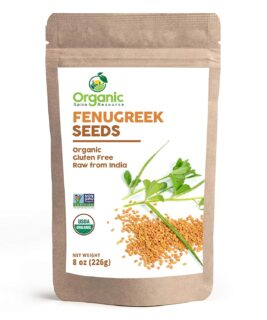
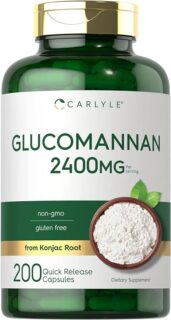
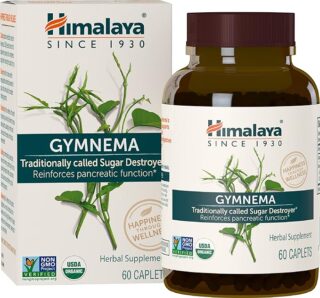
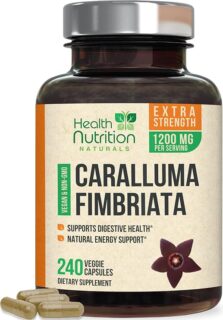
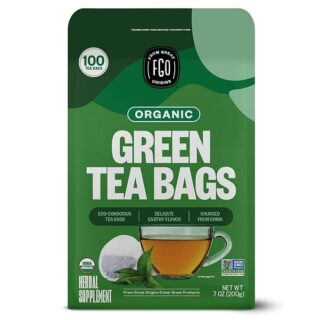

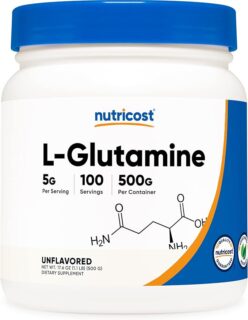
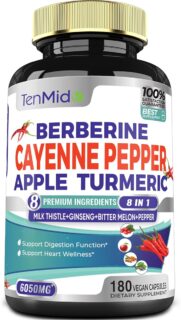
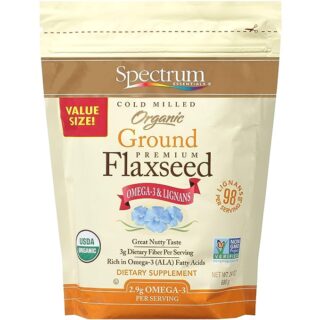
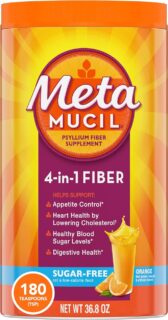
![women [longevity live]](https://longevitylive.com/wp-content/uploads/2020/01/photo-of-women-walking-down-the-street-1116984-100x100.jpg)










